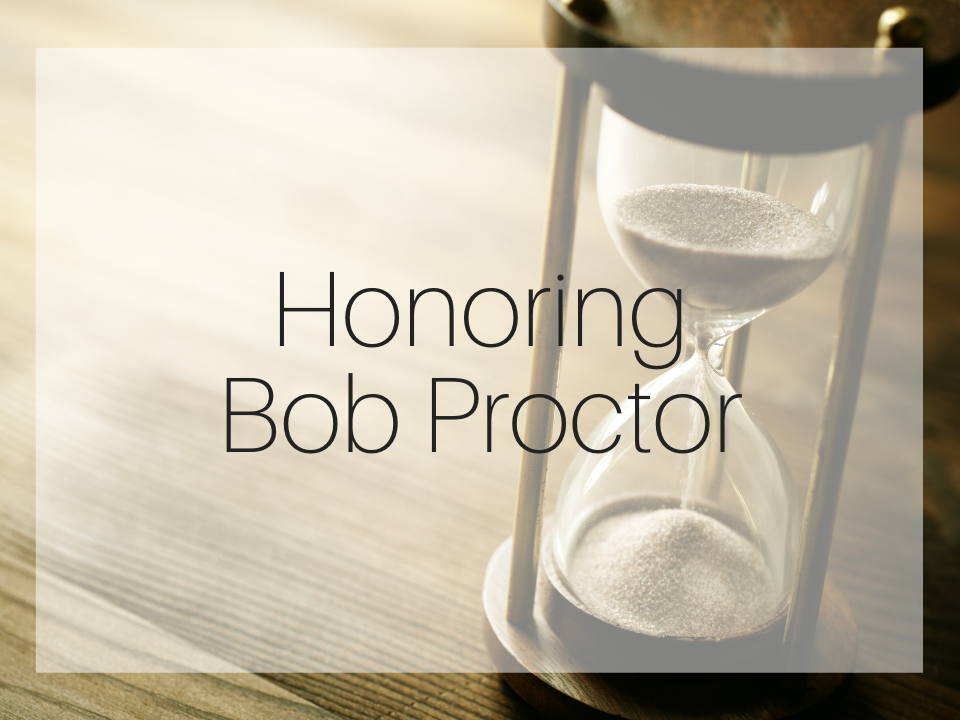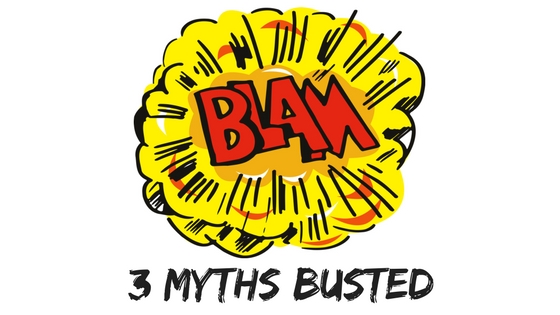This morning, as I was casually drinking my coffee, checking out my Facebook news feed, I stumbled upon an app that promised to show me my most used words on Facebook. I was instantly intrigued. A couple clicks and a few seconds later, my result appeared the screen. (Shown below)
“What a beautiful word cloud!”, I thought. I was pleased with the results and it made me smile to see so many positive words. And then, I got to thinking about the words we use and their power. And, how easily those words can roll off our tongues and out into our emails and text messages. What would my real-life word cloud look like? Let’s face it, it probably wouldn’t look nearly as positive, but I hope it would come close.
The words we use significantly impact how effective we are building rapport, inspiring action, remaining positive and navigating sensitive situations. Of course, the rule of “how you say it”, which cautions communicators about tone, inflection, volume and pace still applies. We can cover that some other time. For the sake of this post though, here are some thoughts for you to consider concerning what you say.
Say What You Mean. Mean What You Say.
- Don’t be mean, don’t ever be mean. Ever.
- Be sincere and genuine.
- Speak honestly.
- Organize your communication based on the outcome you want. (If it’s to be mean, see the first bullet.)
- If there is action required, then say so. Then, get agreement.
- Consider how your current state may be impacting the words you use.
- Be specific.
- Avoid jargon or technical talk when not appropriate for the audience.
- Resist the temptation to use “always and never”, these are rarely appropriate.
Is It Necessary?
Before speaking, writing, texting and so forth, ask yourself “Is it necessary?”. You’ll find it’s not always clear, but the pause can be helpful in itself. “Necessary” is hinged aspects such as timing, the long-term impact, remaining consistent and modeling good behavior. For example: Is it necessary that I tell my teammate that I think they did a great job on the presentation they gave? One could answer no and they may be right, on the surface anyway. But, if that same person considers that their words of praise will encourage the teammate and provide much needed fuel to power through a busy season, then yes, it is necessary. On the flip side, is it really necessary to tell that employee that her skirt is too short? Depends. Maybe this specific example has more to do with timing than anything else. It is not necessary to say something during the morning stand-up meeting with the team, but more appropriate and necessary to say something privately.
Connotation
Some words, by their very nature elicit a more positive or negative emotional response. Practice using positive connotations when you communicate, unless of course you mean to say something neutral or negative (but not mean, remember). Here are a few examples:
| Positive | Synonym | Negative |
| Aroma | Smell | Stench |
| Economical | Inexpensive | Cheap |
| My pleasure | You’re Welcome | No Problem |
| Confident | Assertive | Bossy |
| Prudent | Cautious | Afraid |
| Energetic | Active | Hyper |
| Expert | Knowledgeable | Know It All |
Communication is complex and we can’t possibly cover everything there is to know, even on just this one aspect of communication in a blog post. Keep watch for more topics to come.
As for monitoring and gaining more insight into the words we use, I suspect a brilliant developer is making “an app for that” somewhere. Until then, we have each other to be our eyes and ears. Commit as a team to practice these techniques. Enroll the help of your friends and family, they want you to succeed! Or, if you would like to invest using the help of a coach, then contact us today! We have assessment systems and coaching programs that can help you transform your communication!







